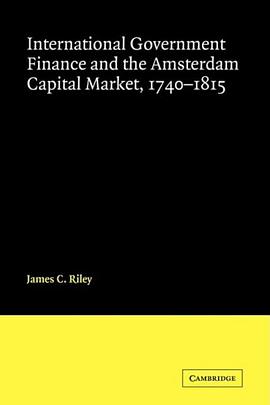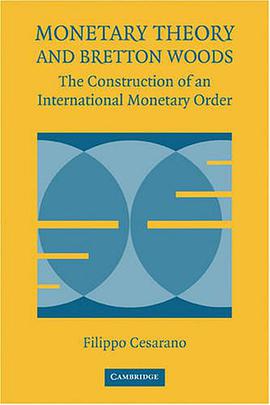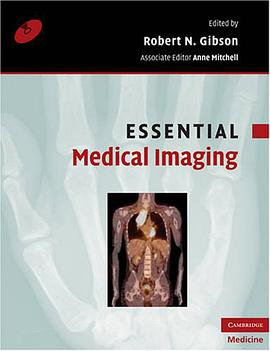

During the eighteenth century European governments began systematically using an international credit structure whose centre was the Amsterdam capital market. This book reconstructs that system and surveys its principal effects on the European and especially the Dutch economies. Eighteenth-century states borrowed chiefly to finance wars and, increasingly toward the century's end, debts from earlier wars. Military and naval spending and debt service together consumed up to eighty percent of peacetime revenues and more in war. Borrowing on international markets stabilised previously disruptive deficit financing techniques and moderated the economic consequences of sharply irregular war spending. This development however, eased the problems of war-making more than it developed national economies or enhanced prosperity. The Dutch, heretofore seen as having squandered the advantage of cheap credit, actually faced the difficult problem of finding productive uses for their savings at satisfactory returns.
具體描述
讀後感
評分
評分
評分
評分
用戶評價
相關圖書
本站所有內容均為互聯網搜索引擎提供的公開搜索信息,本站不存儲任何數據與內容,任何內容與數據均與本站無關,如有需要請聯繫相關搜索引擎包括但不限於百度,google,bing,sogou 等
© 2025 book.quotespace.org All Rights Reserved. 小美書屋 版权所有




















